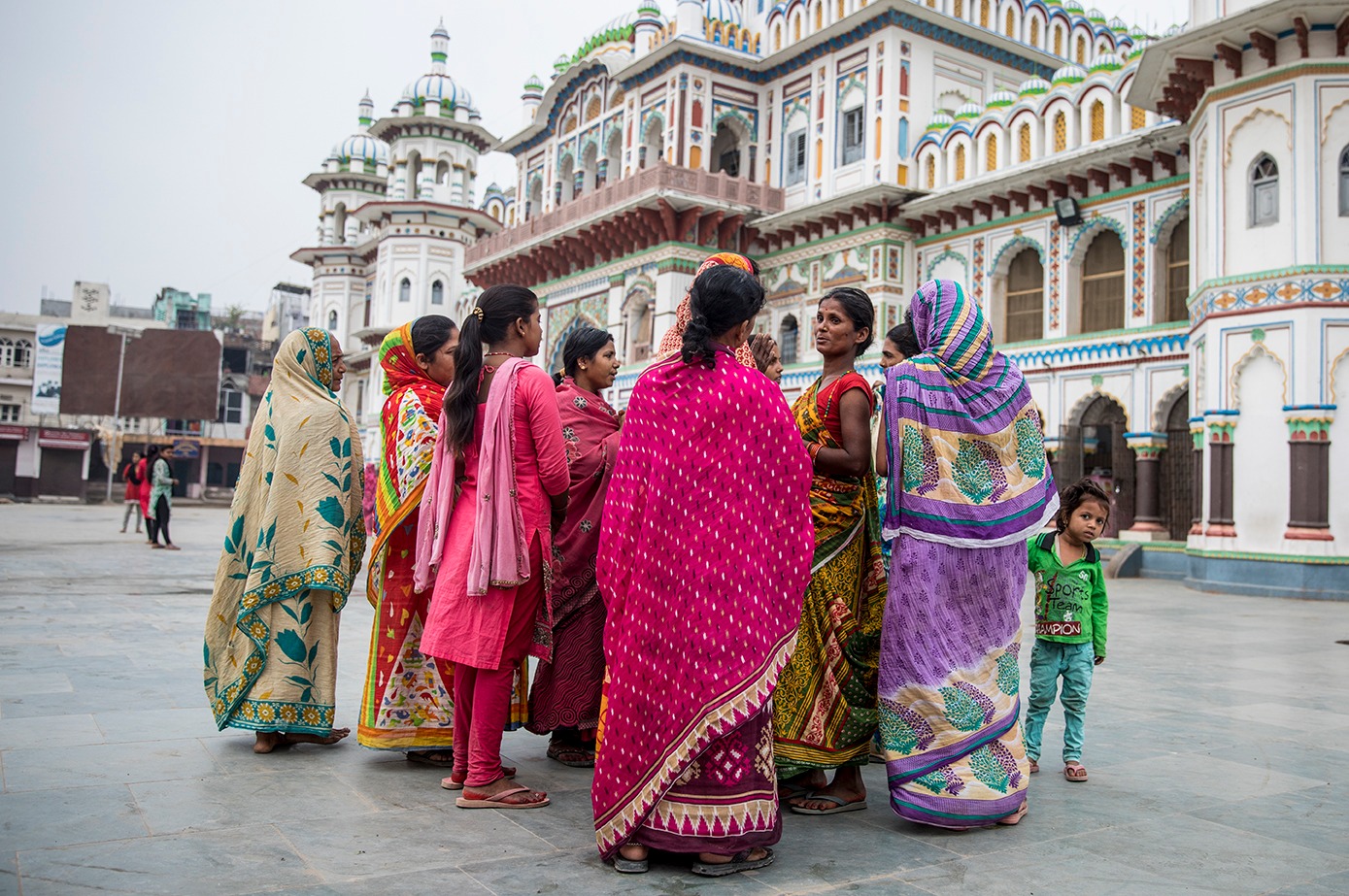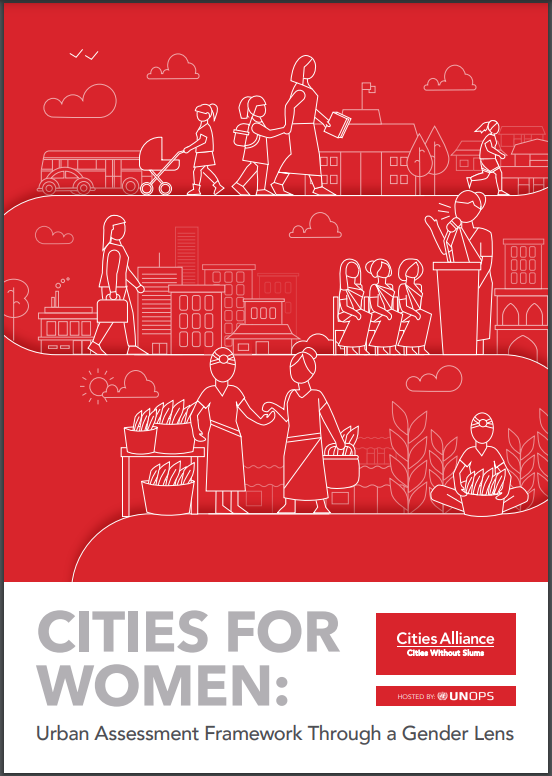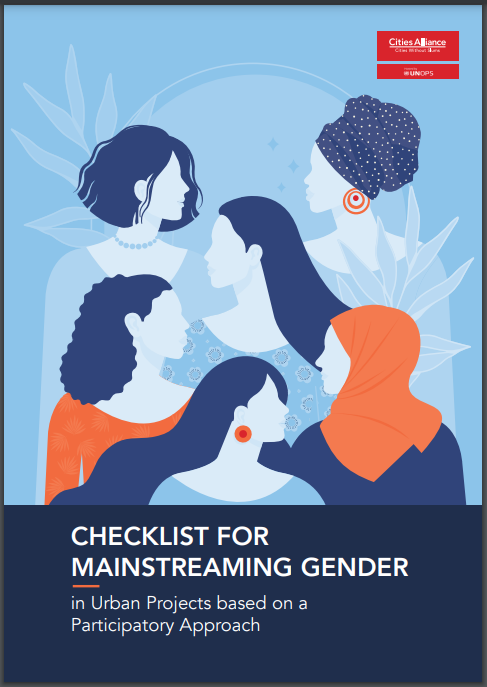Participatory Methods to Create Cities for Women
Recognizing and addressing gender equality in cities often encounters institutional or individual resistance due to cultural norms and prevailing gender dynamics. Gender is often perceived as a women-only issue or an add-on, with at best token participation and the use of generalized data sets.
City officials, women’s organizations, and networks need more capacity development and support to effectively collaborate on promoting gender equality. This should include the provision of gender data to show the gender implications of city policies and projects. Monitoring mechanisms and gender analytical tools are therefore core capacities that local governments need to acquire.
We have developed and tested a series of approaches and tools for co-designing gender-sensitive infrastructures and urban policies as well as guidelines for targeting and involving marginalized women in urban governance.
The tools have been applied in multiple cities around the world including in Tunisia, Uganda, Nepal, The Gambia and Liberia. Data and results from different cities are compared and communicated, contributing to a greater understanding of how to ensure gender-inclusive cities.
It would be a better world if women and girls felt safe in public spaces. Women would be more active, more productive
Salma Belhassine, Activist from Tunisia
Our Tools
The Women Engagement in Cities Framework (WEC) to conduct participatory assessments with women and understand their specific needs and responsibilities when accessing city services and public spaces.
The Checklist for Mainstreaming Gender in Urban Projects Based on a Participatory Approach to ensure the mainstreaming of gender throughout every step of the urban project cycle.
The Women-Friendly Urban Planning Toolkit from Cities of the Global South to support cities, project managers, and urban planners with the tools to create inclusive, participating and gender-responsive urban development projects.
The Her4Climate Tool to assess the specific vulnerability and adaptive capacity to climate change of women and girls in urban contexts, while identifying participatory adaptation solutions.
The Her4Water tool aims to empower women and girls to actively participate in water management and take leadership roles in climate adaptation projects by utilizing their knowledge and capabilities.
The Her4WEFE toolkit aims to equip urban practitioners, local authorities, and civil society organisations with practical approaches to apply gender-sensitive considerations to the water-energy-food-environment (WEFE) nexus in cities






